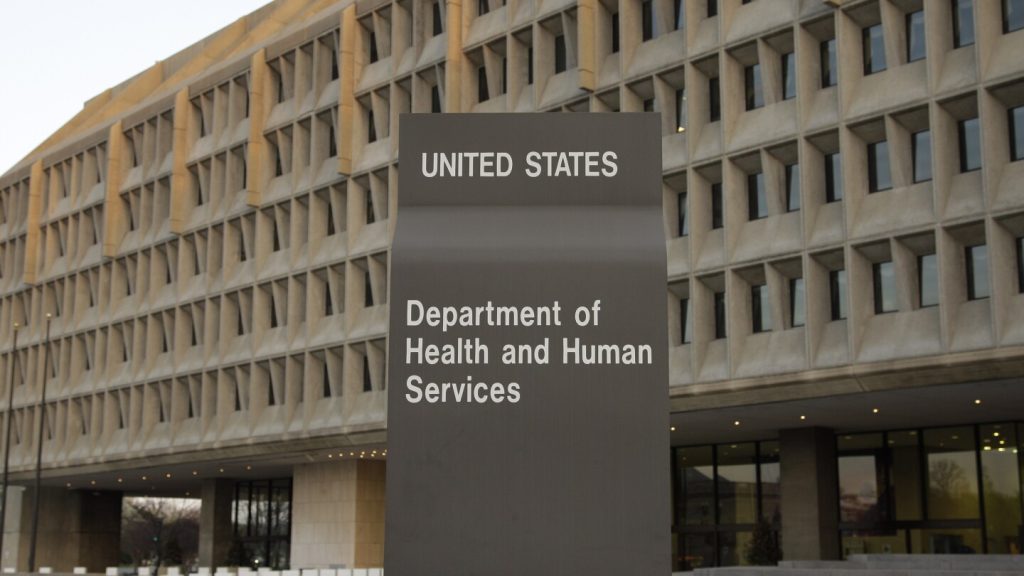Tennessee has become the first state in the country to offer free diapers to families enrolled in the state’s Medicaid program, following federal approval. Similarly, Delaware has also received approval to extend a pilot program that provides free diapers and wipes to postpartum parents for the first three months after giving birth. Public health advocates have pointed out that families are struggling to afford enough diapers for their children, which not only puts babies at risk of infection and rashes but also forces parents to miss work or school due to a lack of adequate diaper supply.
Newborn babies can require eight to 10 diapers a day, or around 300 a month, while toddlers may use around 150 diapers a month. Adequate diaper supply is essential for preventing diaper dermatitis, commonly known as diaper rash, and urinary tract infections in infants and toddlers. Tennessee’s Medicaid program, TennCare, will provide families with up to 100 diapers per month for children under two starting in August, available at TennCare pharmacies. The initiative, backed by Governor Bill Lee, received funding of $30 million in TennCare funding for the free diapers to support families in need.
In Delaware, individuals will be allowed to receive up to 80 diapers and one pack of baby wipes per week in the first twelve weeks postpartum. The Centers for Medicare and Medicaid Services agreed to extend the program for another five years using Medicaid funding. The increased diaper access also offers health benefits to parents, as diaper need is associated with maternal depression and stress. With the diaper benefit approval, CMS also increased TennCare’s income limit for parents to 100% of poverty, making Tennessee the state with the highest income eligibility for parents and caretakers among the 10 states that have not broadly expanded Medicaid eligibility under the Affordable Care Act.
Tennessee’s new diaper benefit marks a significant shift from the state’s previous decisions to reject federal funding for other valuable resources for families and individuals. Earlier this year, Tennessee opted out of a federal program that provides low-income families with $40 per child per month for food when school is out for a year. The state also declined roughly $9 million in federal funding for HIV prevention and treatment, choosing to fund the program with state dollars to bypass federal requirements and exclude funding for Planned Parenthood, which has faced criticism from Republicans for providing abortion and LGBTQ+ services. Public health advocates express concern over the state’s decisions to reject federal funding for essential programs.
The approval of free diapers in Tennessee and Delaware reflects a growing recognition of the challenges families face in affording basic necessities for their children. The initiatives aim to alleviate financial strain on families and improve health outcomes for infants and toddlers. By providing essential supplies such as diapers, states can support parents in caring for their children while also promoting overall family well-being. The approval of these programs underscores the importance of addressing diaper need as a public health issue and ensuring that all families have access to critical resources for their children’s health and well-being.


